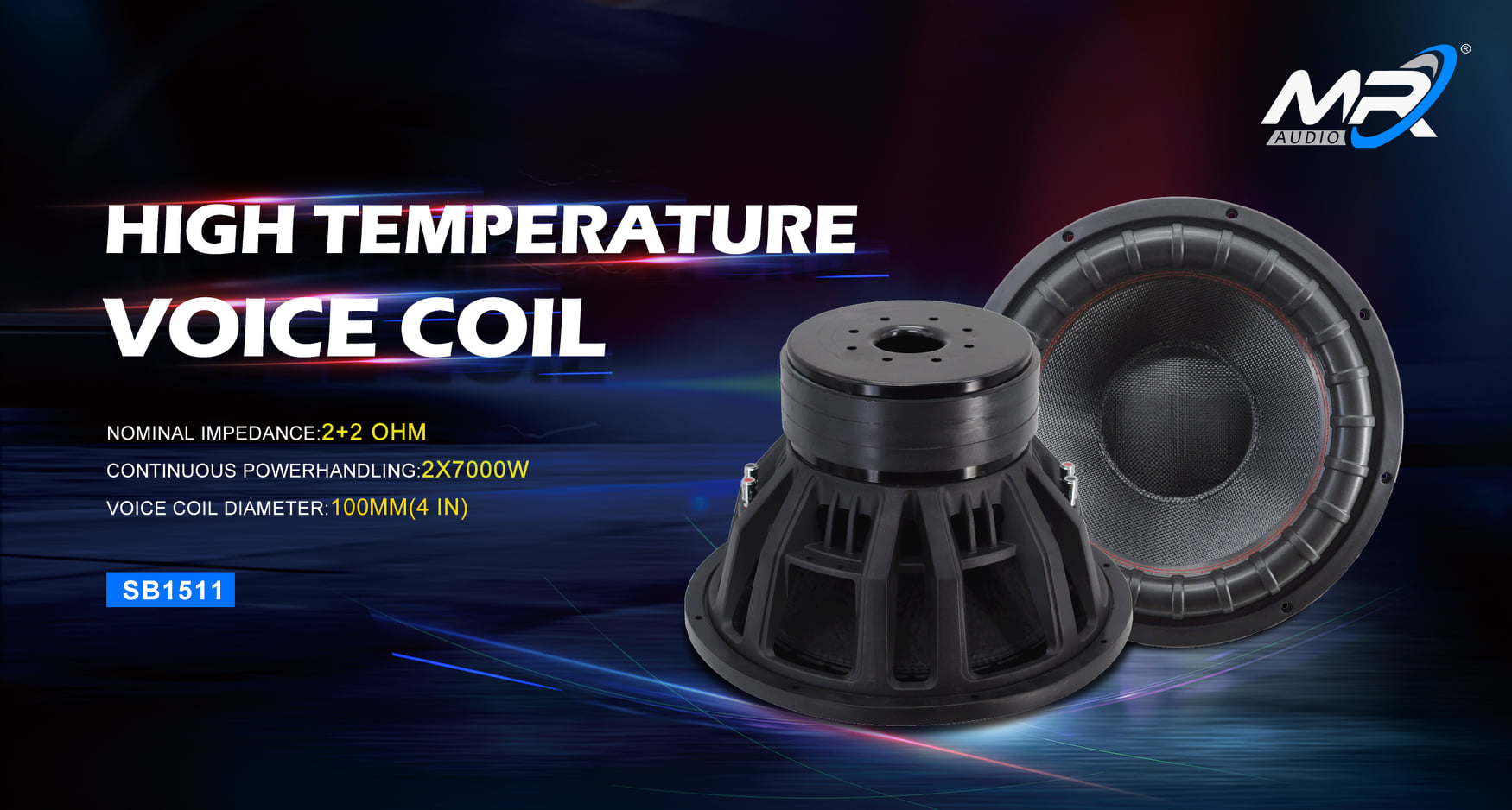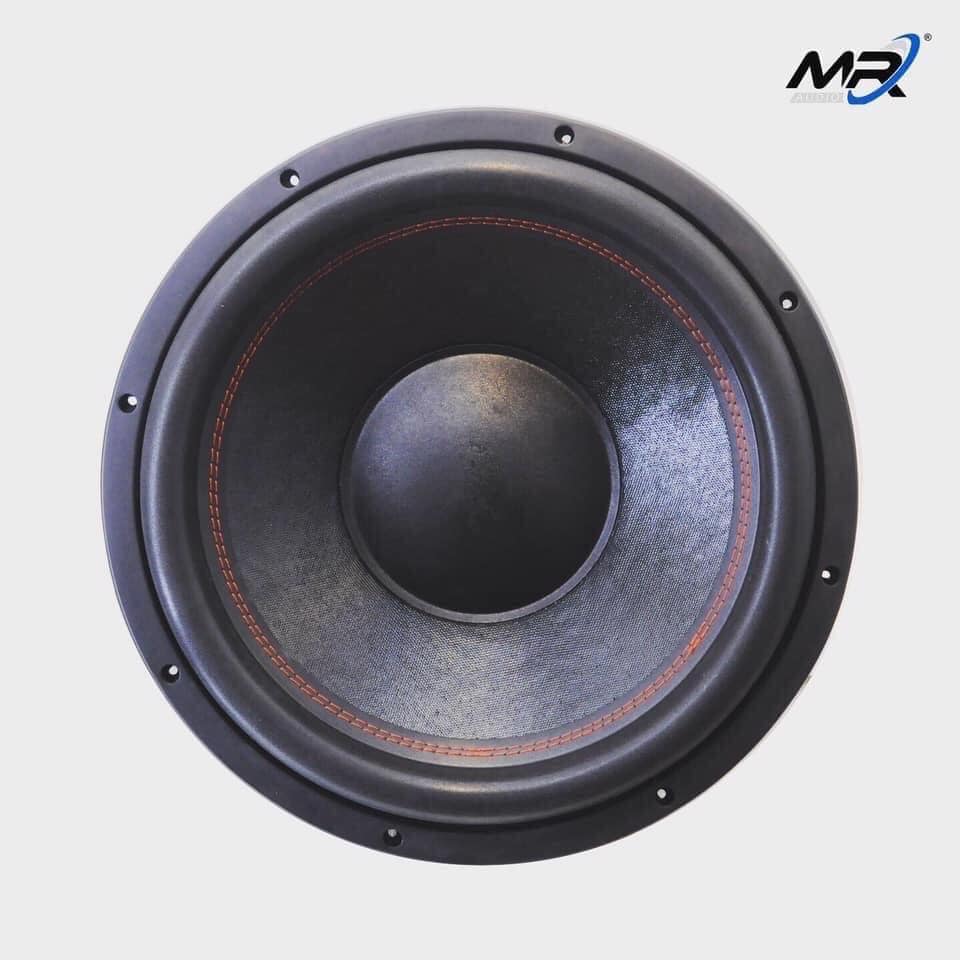
The speaker is one of the important accessories of the car. Sometimes we encounter situations where the car horn does not sound. So what are the specific reasons why the car horn does not sound? Let’s find out together!
Working principle of car horn
Car electric horns rely on the vibration of a metal diaphragm to produce sound. The car electric horn is composed of iron core, magnetic coil, electric shock, armature, diaphragm, etc. When the driver presses the horn switch, current passes through the coil through electric shock, and the coil generates magnetic force to attract the armature, forcing the diaphragm to move. The armature moves to disconnect the contacts, the current is interrupted, and the coil magnetism disappears. The diaphragm acts on its own elasticity and the spring leaf. Next, the armature returns to its original position, the contacts close and the circuit is connected again, current flows through the contacts through the coil to generate magnetic force, and the above action is repeated. This repeated cycle causes the diaphragm to vibrate continuously, thereby emitting sound. The soundboard and the diaphragm are rigidly connected, which can make the vibration smooth and produce a more pleasant sound (that is, the electromagnet principle).
Three main reasons for speaker failure
1. Poor contact of solenoid coil terminals
Some speakers’ internal electromagnetic coil enameled wire terminal joints are connected by aluminum metal rivet crimping, which is not a reliable welding connection. If the insulating paint on the terminal enameled wire is not treated cleanly or the rivet crimping is not reliable, it is easy to cause a virtual connection failure, resulting in poor working of the speaker. . This kind of failure is caused by the quality of the speaker and cannot be repaired. It can only be replaced with new parts.
2. If the seal is not tight, it is easy to get damp.
Although the inside of the speaker is sealed, if the seal is not tight and mist enters during car washing or there is water vapor in the air in the internal space, the water vapor can easily cause the contacts to become damp and unable to work properly.
3. Electric shock ablation
If you press the horn for a long time, it will easily cause the horn contacts to ablate and produce impedance. The current flowing through the electromagnetic coil will weaken, and the electromagnetic attraction will decrease and it will not be able to attract the armature to drive the diaphragm to vibrate normally, resulting in hoarse or even no sound. But when you keep honking the horn, if a strong current passes through the impedance for a moment, it will still work normally, so it will go up and down sometimes.
Precautions when using car horns
PART.01 When washing the car, remember to prevent the horn from getting wet. If you find water in the horn, blow it dry with an air gun as soon as possible.
PART.02 Try not to sound the horn for a long time, as this may easily cause premature ablation of the horn contacts.
PART.03 If the speaker fails, try to seek help from a professional maintenance technician. Do not replace the speaker blindly, which may cause unnecessary waste.


